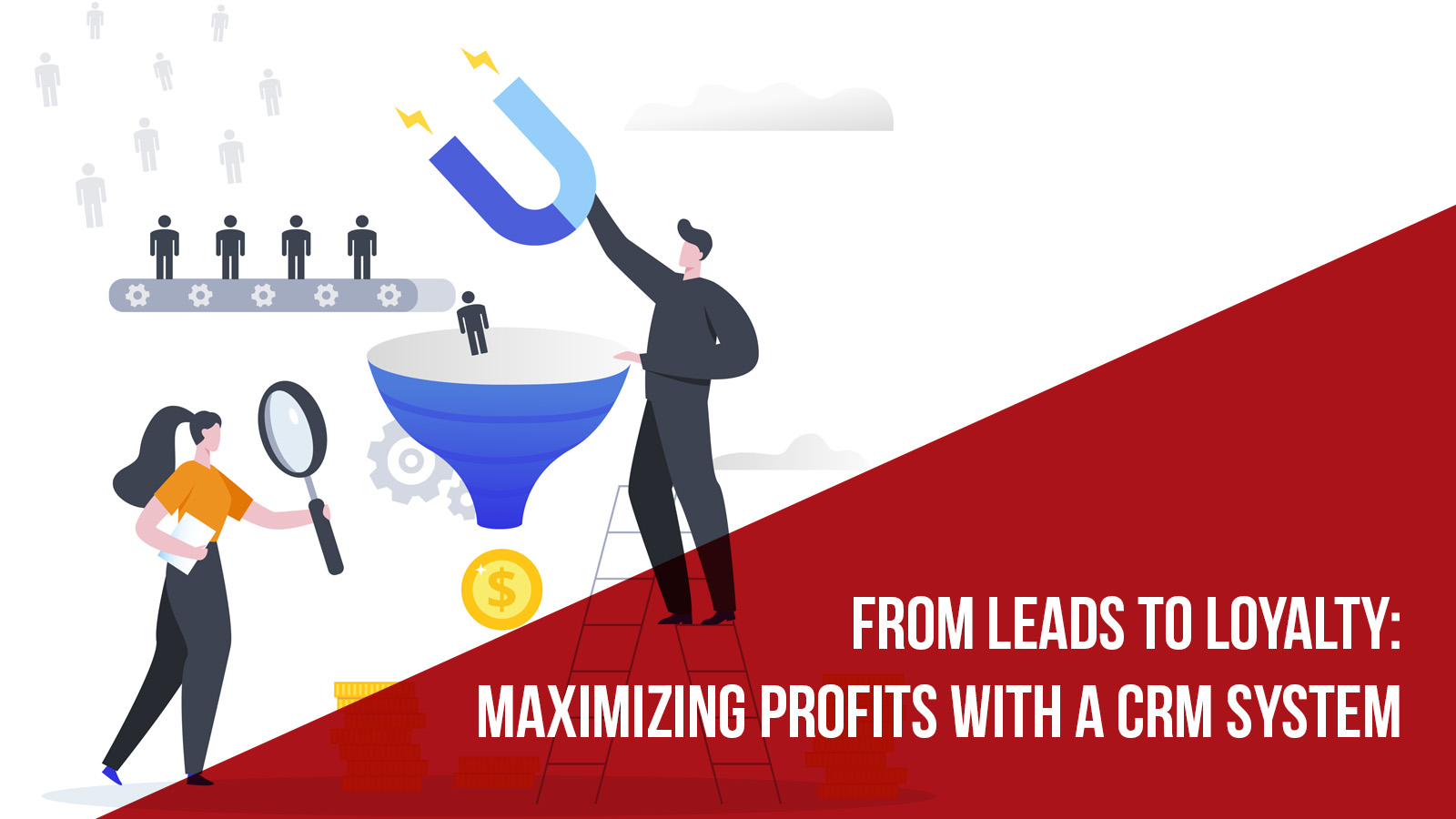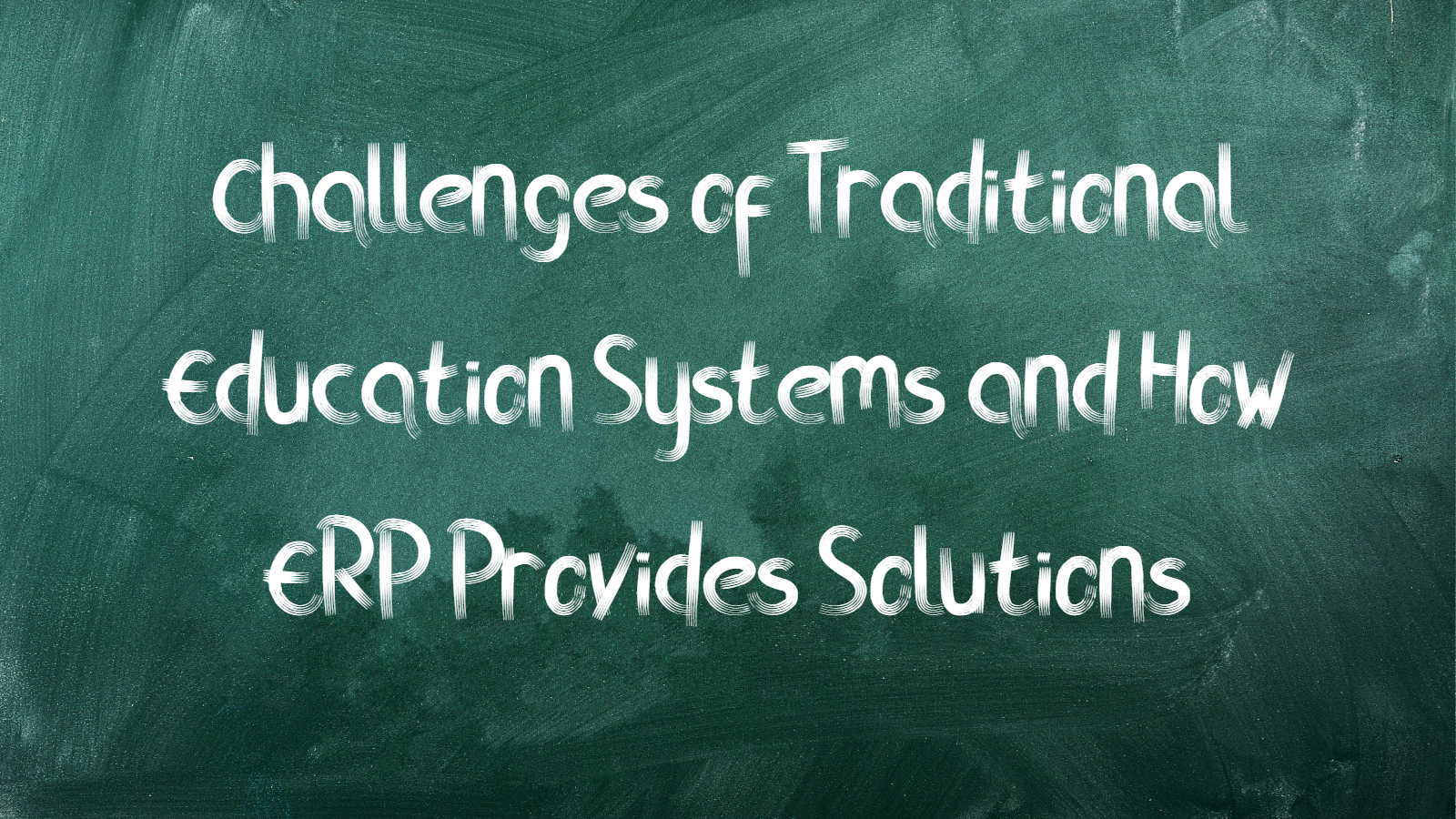Introduction
In the fast-paced world of business, where competition is fierce and customer expectations are ever-evolving, the importance of effective customer relationship management (CRM) cannot be overstated.
This article will guide you through the journey from generating leads to building customer loyalty, all while maximizing profits through the implementation of a CRM system.
The Genesis of Leads: Understanding the Foundation
Crafting Compelling Content for Lead Generation
At the heart of any successful business is a steady stream of leads. Your potential customers need to be captivated from the first interaction, and this starts with compelling content. Engage your audience with informative blog posts, attracting social media campaigns, and attention-grabbing advertisements. Remember, leaving your audience intrigued is the key to capturing leads effectively.
Leveraging SEO for Lead Magnetization
As you navigate the vast landscape of the internet, don’t underestimate the power of SEO in lead generation. Optimize your website and content with relevant keywords, ensuring your business appears prominently in search engine results. According to recent statistics, businesses that prioritize SEO witness a 14.6% conversion rate, highlighting its pivotal role in lead generation.
The Role of Burstiness in Lead Conversion
In the journey of turning leads into loyal customers, burstiness, or the ability to present information in a sudden and impactful manner, plays a crucial role. Tailor your communication to address your audience’s pain points and needs promptly. The quicker you can provide solutions and value, the more likely leads are to convert.
Building Bridges: Nurturing Leads into Customers
CRM Implementation: The Foundation of Customer Nurturing
Now that you’ve captured leads, the next step is nurturing them into loyal customers. Enter Customer Relationship Management (CRM) systems – the backbone of efficient customer interactions. A recent study indicates that businesses using CRM software experienced a 50% increase in customer retention.
Personalization and the Human Touch
When using a CRM system, it’s not just about managing data; it’s about personalizing the customer experience. Utilize customer data to tailor your communications, addressing individuals by their names and offering customized solutions. Statistics reveal that personalized emails have a 29% higher open rate, emphasizing the impact of the human touch in customer nurturing.
The Art of Timing: Burstiness in Customer Engagement
As you nurture leads into customers, the timing of your interactions is critical. Implement burstiness in your communication strategy, delivering information or offers at strategic moments. Analyze customer behavior data provided by your CRM system to understand the optimal times for engagement, increasing the likelihood of customer conversion.
Loyalty Secured: The End Goal
CRM’s Role in Customer Loyalty
With a solid CRM system in place, transitioning from leads to loyal customers becomes effortless. The data-driven insights provided by CRM software empower businesses to understand customer preferences, anticipate needs, and provide exceptional service. This, in turn, fosters long-term loyalty.
Consistency is Key in Burstiness
Even after conversion, maintaining burstiness in your communication is vital. Keep customers engaged with regular updates, exclusive offers, and personalized interactions. Consistency in burstiness reinforces your brand in the minds of customers, strengthening their loyalty over time.
Conclusion
In the world of business where everything is constantly changing, the journey from leads to loyalty is marked by the implementation of a CRM system. Draft compelling content for lead generation, leverage SEO for magnetizing leads, implement burstiness in customer nurturing, and maintain consistency to secure long-term loyalty. With the right CRM system, you not only maximize profits but also create a customer-centric business model that stands the test of time.
Elvis CRM is your ticket to success in this competitive world. With full-fledged automation and social media integration, Elvis CRM can help your business thrive.
Frequently Asked Questions (FAQs)
What is a CRM System, and how does it work to maximize profits?
A Customer Relationship Management (CRM) System enables businesses to manage and analyze customer interactions throughout the customer lifecycle. It consolidates customer data, streamlines communication, and enhances customer relationships. To maximize profits, a CRM system helps identify valuable leads, nurture them through the sales funnel, and ensures effective post-sale engagement, ultimately driving customer loyalty and repeat business.
How does a CRM System assist in lead management and conversion?
CRM systems excel in lead management by centralizing customer data, tracking interactions, and automating lead nurturing processes. By providing a holistic view of leads and prospects, businesses can tailor their marketing and sales strategies, increasing the likelihood of conversion. Studies show that organizations using CRM effectively can experience a 29% increase in sales revenue.
What role does data analytics play in maximizing profits through a CRM System?
Data analytics within a CRM system is pivotal for informed decision-making. By analyzing customer behavior, preferences, and purchase history, businesses can identify trends, predict future buying patterns, and personalize marketing efforts. This data-driven approach can result in a 73% increase in cross-selling and upselling opportunities, contributing significantly to profit margins.
How does CRM contribute to customer retention and loyalty?
A CRM system enhances customer retention by enabling personalized communication, timely follow-ups, and proactive issue resolution. It helps businesses stay engaged with customers beyond the initial sale, fostering a sense of loyalty. Research indicates that increasing customer retention rates by just 5% can boost profits by 25-95%.
Can a CRM system be customized to fit the specific needs of different businesses?
Absolutely. One of the key advantages of a CRM system is its flexibility. It can be tailored to the unique needs and processes of different businesses. Whether it’s a small startup or a large enterprise, customization ensures that the CRM aligns with the organization’s goals, workflows, and customer interaction strategies.
How can a CRM system streamline internal processes and enhance team collaboration?
CRM systems streamline internal processes by centralizing customer data, automating routine tasks, and providing real-time insights. This not only improves efficiency but also facilitates better collaboration among different teams, from marketing and sales to customer service. Businesses with effective CRM systems have reported a 20% increase in team productivity.
What are the potential challenges of implementing a CRM system, and how can one overcome them?
Common challenges include resistance to change, data migration issues, and user adoption. Overcoming these challenges requires a well-planned implementation strategy, comprehensive training programs, and continuous support.
How can a CRM system adapt to the evolving needs of a business?
A CRM system should be viewed as a dynamic tool that evolves with the business. Regular updates, scalability options, and integration capabilities ensure that the CRM system stays relevant and continues to meet the changing needs of a growing business. This adaptability is crucial for long-term profitability.








